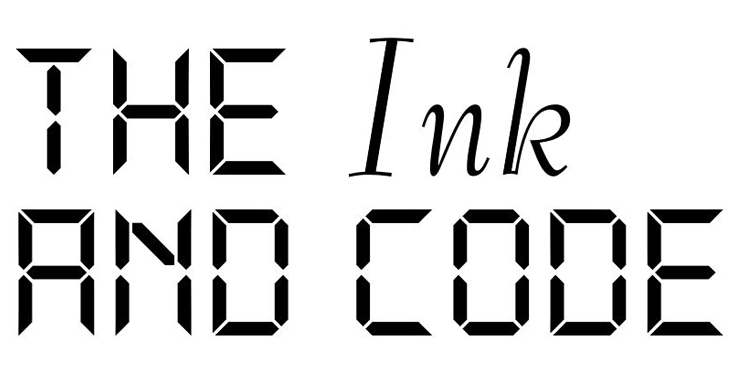An early box office casualty of the pandemic, Bad Trip was recently released on Netflix nearly a year after its originally scheduled theatrical date. Directed by Kitao Sakurai, the hidden-camera prank comedy spawning from the delightfully deranged mind of star Eric Andre follows the tradition of Sacha Baron Cohen films and the likes of Bad Grandpa. It pieces together a fictional narrative around a series of pranks involving real people with very real reactions. Here, Andre’s character Chris embarks on a road trip from Florida to New York with his best friend Bud (Lil Rel Howery) to confess his love to his childhood crush Maria (Michaela Conlin). They’re unknowingly pursued by Bud’s prison-escapee sister Trina (Tiffany Haddish), whose car they stole for the trip.
Bad Trip is crude, immature, ridiculous, and hysterical. I found myself laughing to the point of hyperventilation, which my wife noted was the hardest she’s seen me laugh in a year. My face hurt from the absurdity of the whole thing. Like Cohen’s films, the plot is inconsequential and perfunctory. There’s little point spending any time discussing it. The pranks drive the film. But unlike Cohen’s films, the pranks do not just serve to provoke and ridicule their unsuspecting targets. At its basest moments, yes, Bad Trip certainly does that. I cringed instead of laughing both times hired cleaning service workers were the targets of film’s pranks. And, despite the ludicrousness of Andre’s character being sexually assaulted by a gorilla, subjecting people to that assault is nothing short of being completely fucked up.
But will I type that and then argue the movie has redeeming, even inspirational, merit? You bet I will. Something surprising revealed itself from prank to prank. In the face of increasingly crazy setups, strangers turned up to help the film’s characters. Whether it’s an off-duty nurse jumping to the rescue of a drunk and injured Andre, or a random guy on the street trying to mediate a fight between Andre and Howery’s characters, or a city worker cleaning graffiti offering advice (to flee) to Haddish’s Trina, the bystanders stepped up and sought to do some good. Of course a few got angry, even violent, but the majority of the encounters inspired hope. When given an opportunity to do right, people tried. They had no incentive, no potential gain from the circumstances. They were simply moved to help. That would be rare in an entirely fictional story, and feels even rarer with real people.
This is a film, and we’re watching the best takes of pranks—the ones deemed the most successful and laughter-inducing. But as an artifact of the pre-pandemic world, my heart ached seeing people look out for each other. It was as much of a reward from watching as all the laughter. And now I can’t wait to take the trip all over again.

